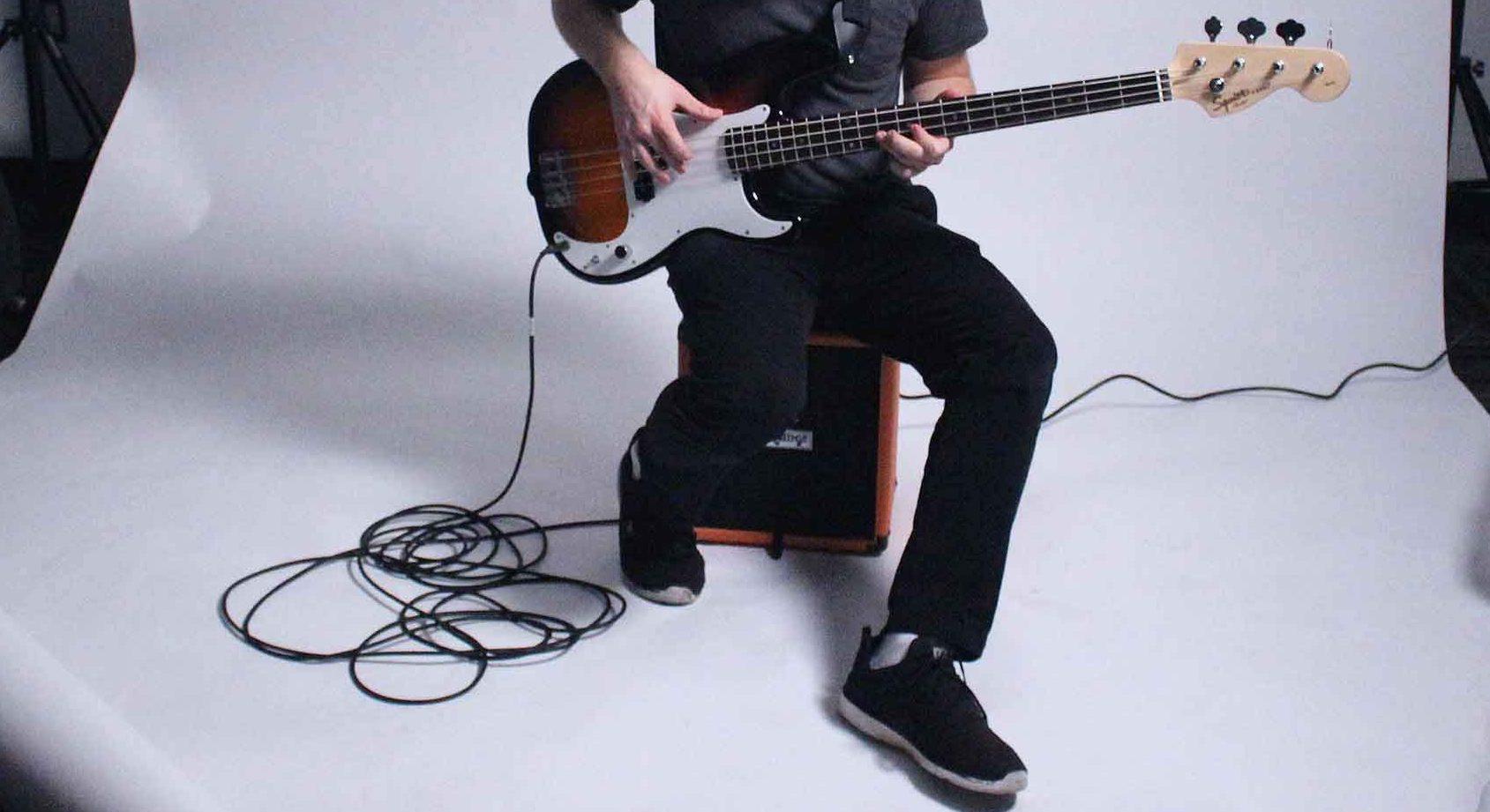By Annie Arnone
Twenty-six year-old Mahta Moattari steps on stage in a dimly-lit east end bar. A crowd of 50 people sway to the hypnotic rhythm of her acoustic guitar, moving their bodies back and forth and applauding as she closes her eyes and pours her lyrics into the microphone.
When she performs a third time, then a fourth, at that same bar in that same year, the crowd no longer responds to her music. They’ve stopped listening.
“Is it in my head? Am I not good enough?” she thinks as she stands in front of the mic, performing what will be her last song at the venue. This moment of self-doubt sparks the beginning of Moattari’s performance anxiety—something that will follow her for the rest of her life.
She holds the neck of the guitar tightly as she fumbles her shaking fingers over her strings. Despite the bodies standing in front of her, she feels as though the room is empty. Moattari no longer thinks about her song’s lyrics, or feels the rhythm of her music—this isn’t stage fright, it’s an anxiety attack.
While music acts as therapy for some, a 2016 study conducted by the University of Westminster in the UK has shown that musicians are more than three times more likely to suffer from depression or anxiety.
According to the report published by Help Musicians UK—an independent charity campaign focused on mental health in relation to performance—71 per cent of musicians said they suffer from panic attacks or high levels of anxiety, and 61.5 per cent reported that they suffer from depression.
“The second indication of these early preliminary findings suggest that while artists find solace in the production of music, working in the music industry might indeed be making musicians sick, or at least contributing towards their levels of mental ill-health,” the report states.
Symptoms of anxiety include intense levels of fear, and in severe cases, debilitating panic attacks, while depression leads to feelings of helplessness, irrational thoughts and feelings of worthlessness. For years, music has been synonymous with mental health, and many reports have argued that music is therapeutic. In 2014 The Globe and Mail published a story explaining how music can help ease the symptoms of Alzheimer’s, addiction and depression.
Artists like Kendrick Lamar and Kid Cudi have vocalized their experiences with mental health and music in the media. MTV reported that Kid Cudi believes hip hop is not only a way of storytelling, but it’s a way to combat mental illness.
Second-year Ryerson English student and musician Elliott Gallagher-Doucette has struggled with anxiety and depression throughout his years as a musician.
Last year, Gallagher-Doucette became a part of the music group, Melbourne the Band. He explained that the process of putting together a band was not only time consuming, but the fear of failure looming over the band’s success made him severely depressed.
“When I feel as though I’ve accomplished a good performance, immediately something else goes wrong—it’s this idea that you get one thing done and feel temporary relief, but then there’s always something else you need to worry about,” said Gallagher-Doucette. “I began trying to live up to these expectations I had made for myself and it led to my spiral of depression.”
Members involved in the UK survey attributed their depression and anxiety to poor working conditions including the difficulty of sustaining a living, anti-social working hours, exhaustion and the inability to plan their time/future and a lack of recognition for one’s work.
This week alone, Gallagher-Doucette will be in the studio for a total of 36 hours working on his newest music project.
For Chris Fotos, a previous York University Musicians’ Society executive, vocalist and guitarist, stepping onto a stage with his bare feet is the only thing that puts his anxiety at ease during a performance.
“Every time I get on stage I feel really claustrophobic, as a part of my anxiety,” he said. “I have this weird thing where I have to take my shoes off to feel comfortable.”
Fotos suffers from both depression and anxiety. But he’s never put his music career on hold because of it. “It makes it difficult to get out of bed or talk to people about my work—just appearing like an effective human being who is also a musician is hard, but it’s never stopped me from doing my job.”
Contrary to his peers, for Michael Friedman, a third-year social work student and drummer for the band Six at Best, music acts as a relief from the social anxiety he faces day to day.
“I tend to be a very anxious person and performing tends to ease that,” he said. “I have social anxiety disorder, but that never comes through in my music—it’s when I’m not communicating through music that it kicks in.”
Moattari finds the clichés associated with brooding musicians and their music to be funny.
“My friends and I laugh about how musicians are always so sad,” she says. “I don’t know if it’s because we’re sensitive or because [the music industry] sucks. Either way, it might be true.”













Leave a Reply